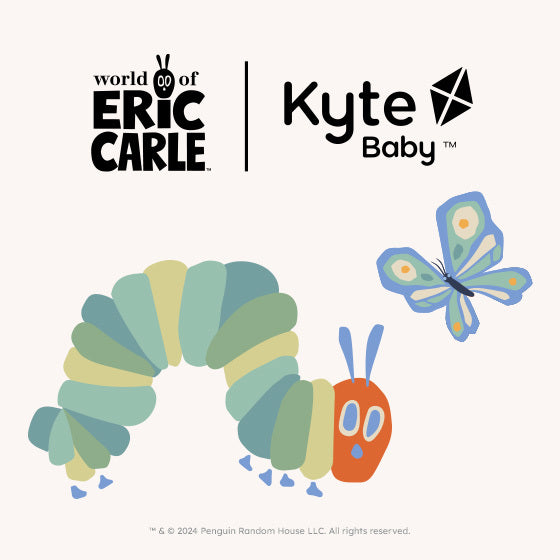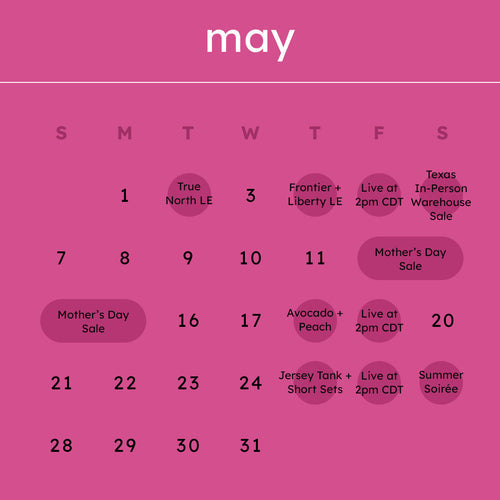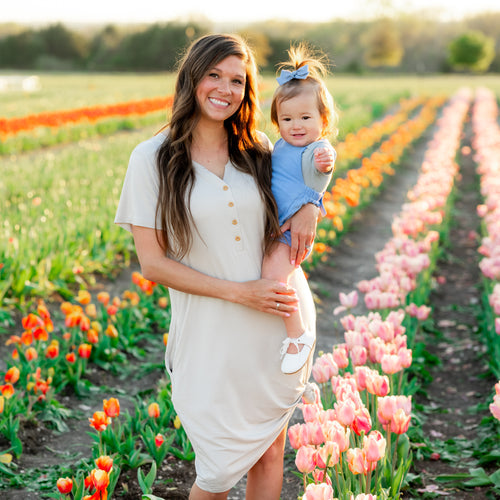Everywhere you look, there are sample schedules that make baby sleep look easy and predictable. Unfortunately, that can be far from reality! If you have a child with an easy-going or flexible temperament, then sleep will likely be similarly easy/flexible.
However, children who are sensitive or slow to warm may not have the same experience with sleep and that’s okay! That just means those perfect looking schedules won’t have quite the same results for your little one and there’s nothing wrong with that.
(Not sure what kind of temperament your child has or what that looks like for sleep? Use this blog to help you figure out their temperament!)
What that means for sleep though is that it will likely be variable. They won’t likely take naps at the same time every single day for the same length of time or go to bed at the same time every night.
So, when we discuss “what age baby should have a bedtime”, we are discussing this in loose terms. Meaning, bedtime doesn’t always mean a time on the clock!
When should a baby start having a bedtime?

It can be a while before sleep is organized and mature enough to have a specific set bedtime that you determine just by a time on the clock.
When your baby is a newborn, they will likely have a bedtime that is a range, meaning their longer stretch of sleep may begin anywhere from 9 PM to 11 PM (or earlier or later, but generally the variation is quite large).
Whenever their circadian rhythm is fully developed after 12 weeks, then you may see bedtime move earlier to the 6 to 8 PM range.
Generally, it’s best to see what kind of pattern your baby falls into by logging sleep (not obsessively, just for data purposes) to see what their natural rhythm is.
It can help you determine how many naps they typically have, how long they’re usually awake between naps and bedtime, and when they go to sleep well for the night and sleep for a decent amount of time.
How to determine baby's bedtime?
If you’ve logged sleep, then I’d suggest looking at their nighttime sleep stretches. If they go to sleep at 8 PM and sleep until 1 AM that’s great! However, if a 7 PM bedtime means they wake at 2 AM, then you’d want to prioritize the longest/best stretch of sleep you can overnight.
The other things to consider would be their morning wake-up time and their average awake time.
Not every baby will sleep 12 hours overnight (and in fact, my information research shows that most babies average 10.5-11 hours of overnight sleep). It’s important to know how long they typically sleep overnight when planning or determining your child’s bedtime so that you’re not asking for too much sleep.
We also want to let their average awake time determine their bedtime. You wouldn’t keep them up an excessively long time just to get to a certain bedtime on the clock. For example, if your child averages 3 hours of awake time and their last nap ends at 4 PM, then bedtime would be 7 PM. If their nap ended at 4:30 PM, bedtime would be 7:30 PM.

Because nap lengths vary as well as morning wake-up time, you can expect bedtime to vary slightly as well.
Have no idea where to start with “schedules” for your little one? Check out these options:
- Newborn Sleep Schedules
- Baby Sleep Schedule Up to 1 Year
- One-Year Sleep Schedule: What does that look like?
- 6-Month-Old Baby Sleep Schedule: What does that look like?
- 3-Month-Old Baby Sleep Schedule: What does that look like?
- 5-Month-Old Baby Sleep Schedule: What does that look like?

How to start baby's bedtime routine?
The best thing about a routine is that you can start it at any time! A bedtime routine can benefit any age because it signals bedtime is coming. This is one of the factors that can help your child go to sleep when bedtime isn’t at the same time every single night.
So how do you start a baby bedtime routine? You simply do!
Determine the steps you’d like to have in your routine and consider a few factors like:
- Do I want to do this every night?
- Can someone else do this other than me?
- What parts of bedtime does my child enjoy?
- Can I recreate this in different environments?
Research has found 4 main components that benefit your bedtime routine. They include:
- Hygiene (baths, changing diapers, washing hands/feet/face)
- Nutrition (nursing, bottle, snack)
- Communication (reading books, singing songs, prayers)
- Physical contact (infant massage, cuddles, rocking)
Include whatever part of each component you’d like in whatever order makes the most sense for your family and repeat until it becomes an easy habit to implement at the end of the day.
Need more ideas for bedtime routines? This blog had ideas for bedtime routines for quality sleep!
Additional charts you can reference for suggested/average wake times and sleep needs:


Author Bio:
Ashley Olson is a certified pediatric sleep consultant, owner of Heaven Sent Sleep and The Collective for Family Rest and Wellness, and is passionate about helping new parents, experienced parents, desperate and sleep-deprived parents form healthy sleep habits for their children.
She has over 5 years of experience in working with families and has completed over 150 hours of coursework plus continuing education related to infant and toddler sleep. The focus of her work is on fostering a routine that grows your bond with your child while improving their sleep habits. She specializes in custom sleep plans and one on one support in changing sleep practices!





















